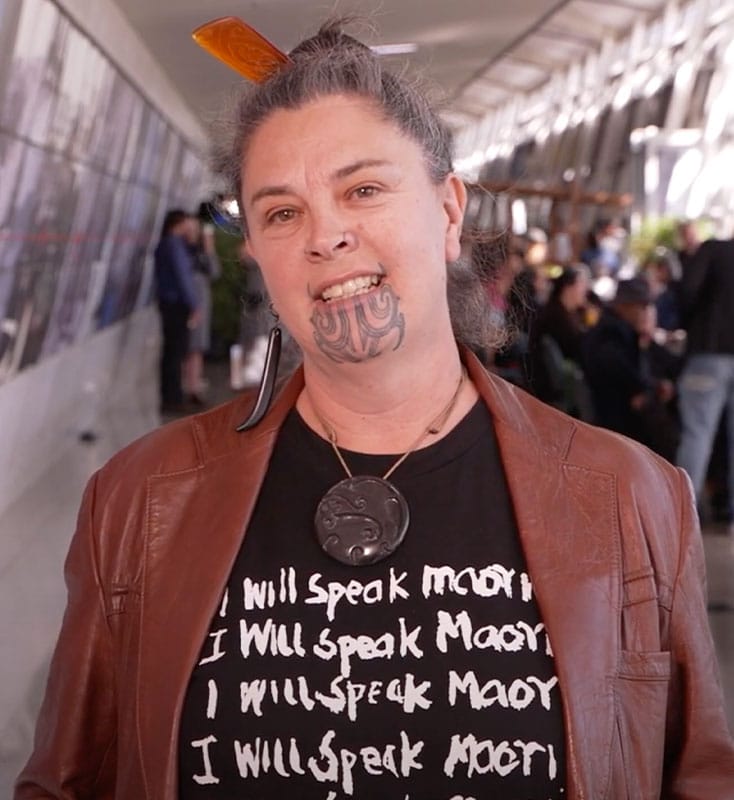Brookes, B.
Culture Society
Gender & History, 9(2), 242-261
1997
Read Publication
Brookes examines the controversy in New Zealand over the children's book ‘Washday at the Pa’ published in 1964.
As Brookes explains, following a request from the Māori Women’s Welfare League, the New Zealand Department of Education removed and destroyed 38,000 copies of ‘Washday at the Pa’, a publication portraying Māori family life carrying out domestic tasks in a house lacking electricity and hot water. This essay delves into the racial and gender dynamics underlying the subsequent public debate in the media, which focused on various aspects of New Zealand’s national identity. The Māori Women’s Welfare League’s opposition to “Washday” aligned with its aim of preserving cultural distinctiveness, emphasising the importance of language and tradition against the prevailing culture, while advocating for Māori rights to equal living standards. This controversy sparked a broader debate about New Zealand’s national identity and questioned the simplicity of the ‘ideal’ lifestyle, often represented by modern amenities. The issue stirred discussions among Māori women within the League and the wider Māori community, and also drew Pākehā into the discourse, who brought their romanticised views and domestic notions. The essay posits that the League asserted both modern and traditional values, whereas many Pākehā seized the opportunity to express a yearning for a mother-centric domestic lifestyle. It places the ‘Washday’ controversy within the context of post-war residential conditions and the contrasting living standards of Māori and Pākehā communities. This piece provides a critical analysis of the intersection of gender and racial dynamics in New Zealand’s societal and cultural landscape. Brookes delves into the public and government reactions to the book, which was criticised for perpetuating stereotypes about Māori life and oversimplifying their experiences.










